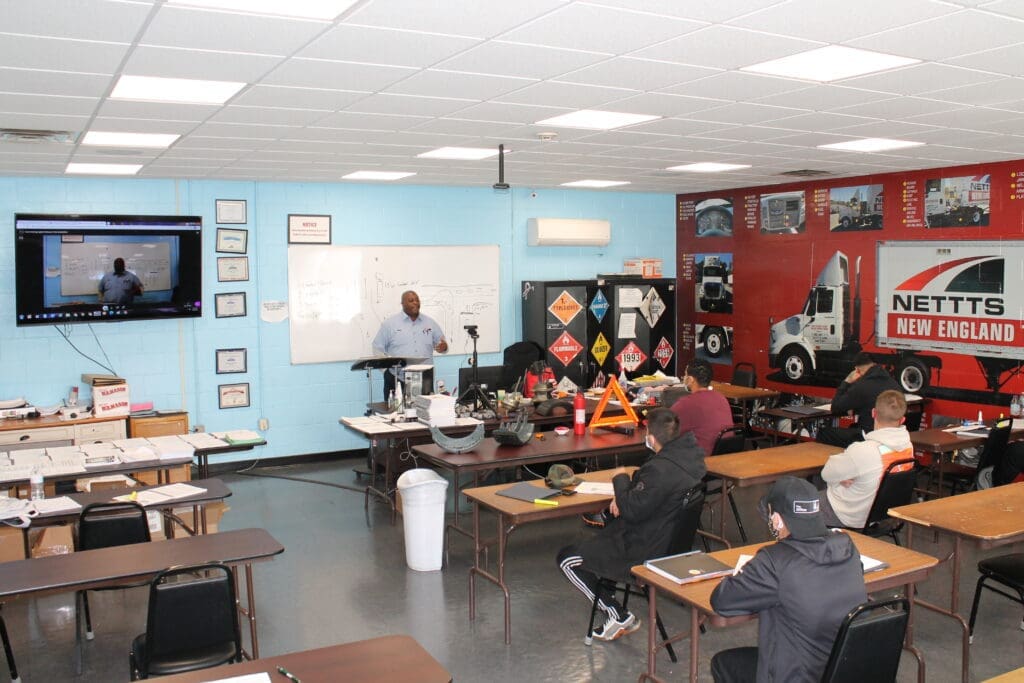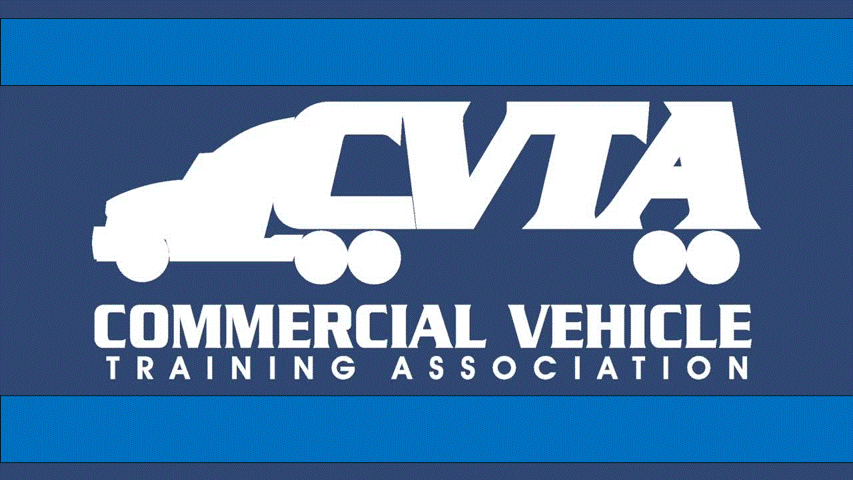Big rigs, dump trucks, 18-wheelers, passenger buses—getting behind the wheel of any one of these vehicles requires more than your standard driver’s license. It requires a CDL—commercial drivers’ license—and there’s actually more than one type, depending on the type of equipment you’re interested in driving.
New England Tractor Trailer Training School (NETTTS) was founded in 1965 by a former truck driver and trucking industry executive who saw the need for focused training to prepare future generations of CDL truckers.
CDL Training Programs at NETTTS
CDL Programs at NETTTS
NETTTS has two CDL training programs, offered at all four of our campuses: Bridgeport, CT; North Andover, MA; Pawtucket, RI; and Somers, CT.
- Class A CDL license training is for combination vehicles with a gross weight rating of 26,001 pounds or more, or with a towed vehicle in excess of 10,000 pounds. It covers vehicles like tractor trailers, flatbed trucks, and tankers.
- Class B CDL license training is for single vehicles that exceed 26,000 pounds. This encompasses heavy straight trucks like dump trucks, box trucks, cement mixers, and large buses.
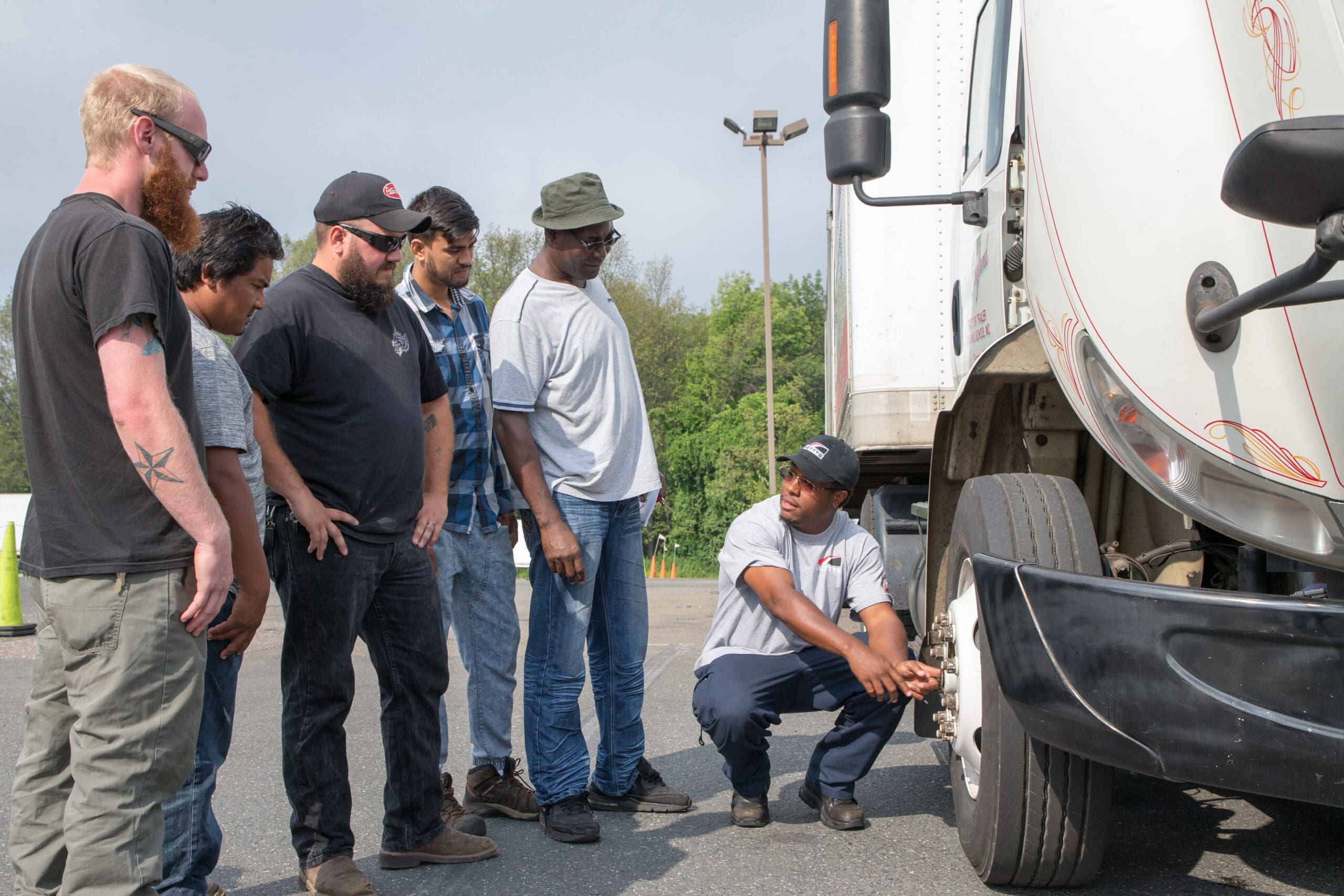
Take the First Step Towards CDL Training

What You Will Learn
We bring almost 60 years of educational experience to our trucking programs, uniting classroom learning with an emphasis on hands-on practice. At NETTTS, your CDL training program includes:
- Experienced instructors with professional driving knowledge
- A company-wide fleet of trucks and trailers for student training, both on-site and out on the road
- Additional practice resources using our truck driving simulator
- Coursework specifically dedicated toward helping you earn your National Safety Council Defensive Driving Certification
- Flexible class schedules that include day, evening and weekend options
- Career services and job placement assistance to help you get the ball rolling toward your new career
NETTTS is an approved Entry-Level Driver Training (ELDT) provider by the Federal Motor Carrier Safety Administration. This registry improves highway safety by ensuring that entry-level commercial drivers complete training that meets federal ELDT regulations.
Ready to Get Started?
Contact one of our representatives today for more information about admissions requirements, tuition & aid, and more!
Hear from NETTTS Graduates

Allen S.
CDL Graduate
Somers, CT
My experience at Somers has been phenomenal. The staff here, they all care. Shoutout to all the instructors. They’re here to guide you, answer question, and walk you through mishaps; so shout out to them. I should have started sooner!

Carlos G.
CDL Graduate
Somers, CT
Summer 2021
Coming to NETTTS was the best choice I made for my future career. I was given all the tools I needed to succeed as a CDL class A driver with my current job as a leader/trainer at Werner Enterprise.*
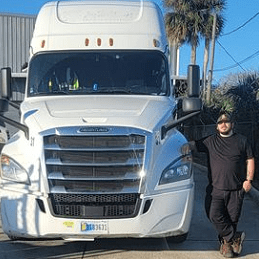
Derrick C.
CDL Graduate
Pawtucket, RI
Winter 2016
Going to NETTTS was the best decision I’ve ever made. Great Administration, great instructors, and just a great school all around.*

Madison H.
CDL Graduate
Pawtucket, RI
Spring 2024
NETTTS gave me the tools and instruction necessary to pass my CDL test on the first try, as well as skills that I use every time I drive. I would encourage new students to ask lots of questions, because the instructors have a lot of knowledge to offer!*
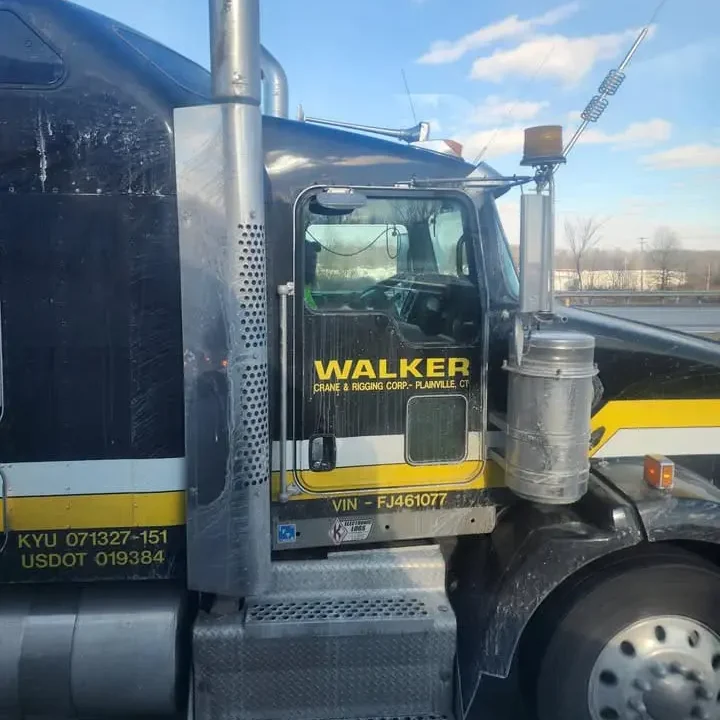
Nathan D.
CDL Graduate
Somers, CT
Summer 2024
My experience at NETTTS was very good. The instructors taught me a lot in the classroom and definitely helped me learn and understand the reality of trucking. I use what they taught me every day.*

Nicole G.
CDL Graduate
Somers, CT
Spring 2014
NETTTS is so thorough with their training that I went from not knowing how to back up my own car to nearly a decade of safe driving as a trucker. Thanks to NETTTS for believing in each one of their students, no matter what their background entails.*
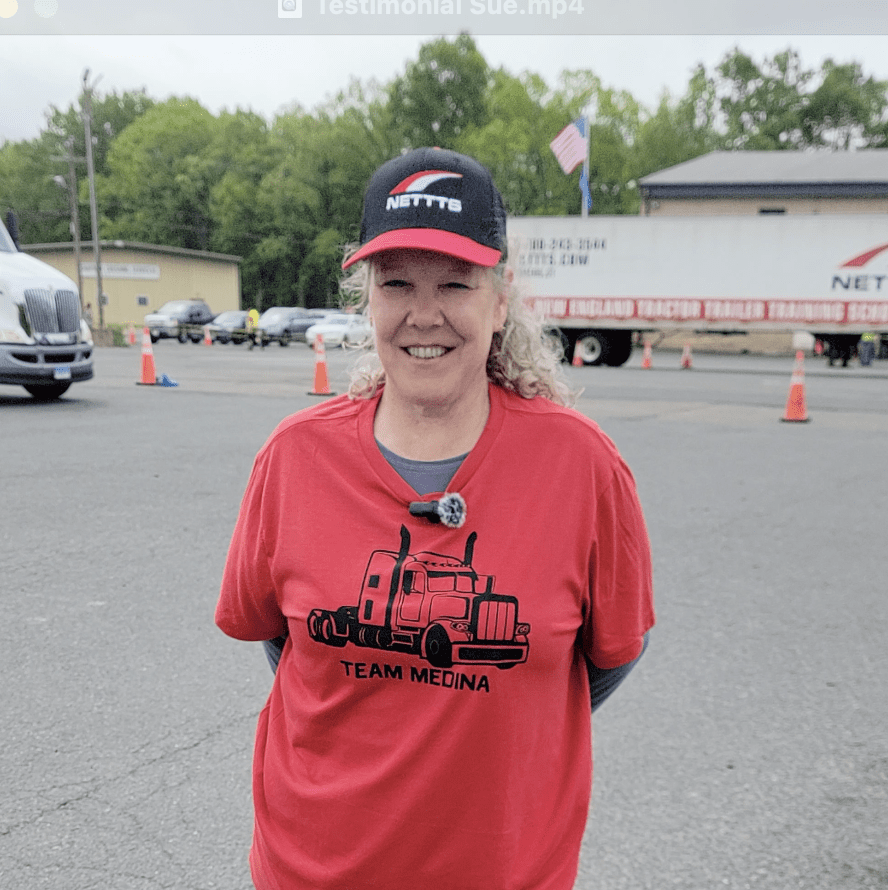
Sue
CDL Graduate
Bridgeport, CT
I was a nurse for 30 years and decided I wanted a job I could do more on my own; more things to play with instead of people to work on. The classroom’s intense, but being in the yard is just fantastic — putting what you learned in class into action, which was great! Everybody’s taught you something that sticks with you … they’ve all been wonderful.
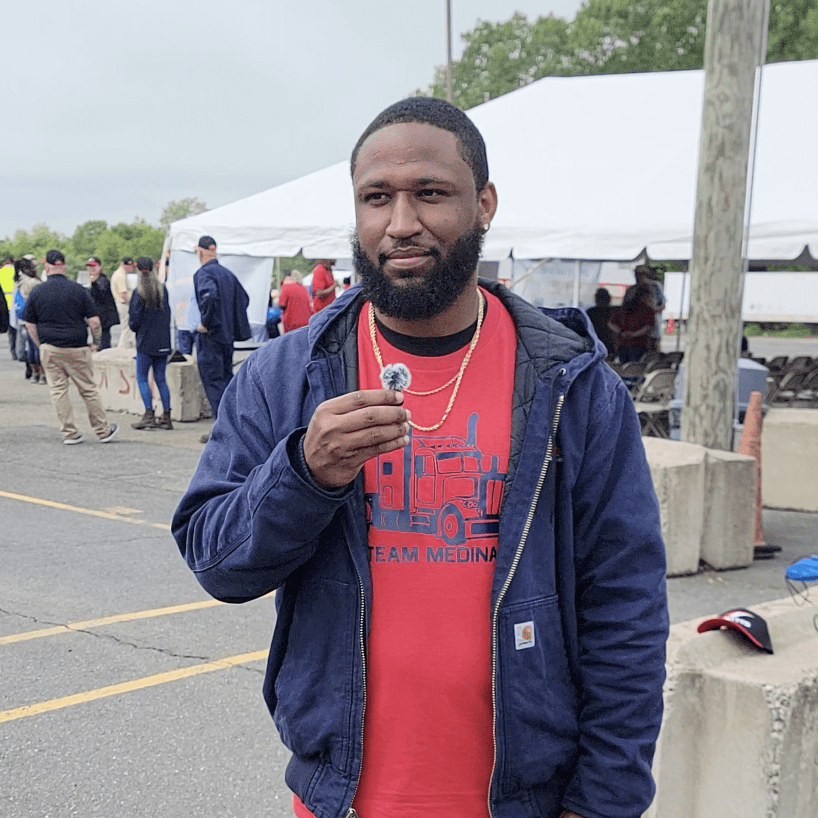
Tiago
CDL Graduate
Bridgeport, CT
I got interested in NETTTS knowing that with trucking, you’re probably always going to be working, so that’s a good thing for sure.

William B.
CDL Graduate
Bridgeport, CT
Fall 2023
When I took the first step in to trucking, I didn’t know what I was doing. NETTTS was there for me, and they taught me every single skill and knowledge that I use every day on the road. It wasn’t easy, but with the support of amazing teachers and staff, I felt welcomed and never felt scared to ask questions.*
*Consumer information regarding current graduate employment can be found with
Graduation, Licensure, and Employment rates.
CDL FAQs
How do I become a truck driver?
If you’re interested in becoming a truck driver, the first step is finding a CDL program that’s right for you so you can learn both rules and regulations and behind-the-wheel skills.
What is the difference between over-the-road trucking and local trucking?
Local trucking typically means being closer to home. Over-the-road trucking means routes that can take you across the country and last multiple days. Learn more about over-the-road trucking and local trucking.
Can I apply for financial aid?
Financial aid is available for those who qualify. Learn more about how to apply for FAFSA for CDL training.
What is the difference between a Class A and Class B CDL?
Class A and Class B CDLs allow drivers to operate different types of vehicles. According to the Federal Motor Carrier Safety Administration (FMCSA), a class A CDL is required for the operation of a combination of vehicles (such as a tractor connected to a trailer) with a gross vehicle weight of 26,001 pounds or more and a towing capacity of more than 10,000 pounds. A class B CDL is required for the operation of a single vehicle with a gross vehicle weight of 26,001 pounds or more and a towing capacity of no more than 10,000 pounds. Learn more about Class A vs. Class B CDL.
